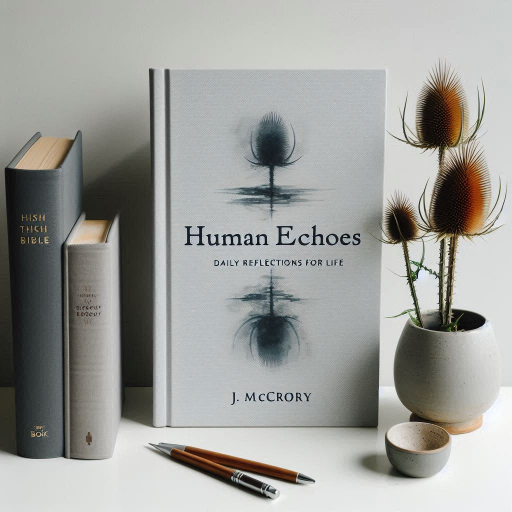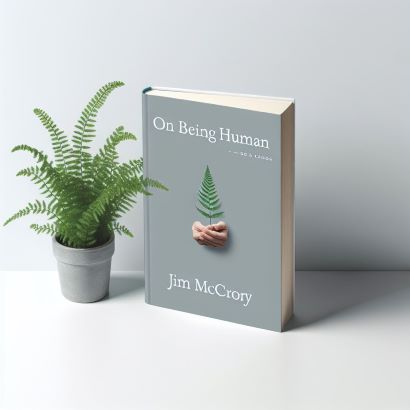“Then the King will say to those on His right, ‘Come,
you who are blessed by My Father, inherit the kingdom prepared for you from the
foundation of the world. For I was hungry, and you gave Me
something to eat, I was thirsty, and you gave Me something to drink, I was a stranger,
and you took Me in, I was naked and you clothed Me, I was sick
and you looked after Me, I was in prison and you visited Me.’
Then the righteous will answer Him, ‘Lord, when did we
see You hungry and feed You, or thirsty and give You something to drink? When did we see You a stranger and take You in, or naked and
clothe You? When did we see You sick or in prison and
visit You?’
And the King will reply, ‘Truly I tell you, whatever
you did for one of the least of these brothers of Mine, you did for Me.’ Matthew
25: 34-40.

Image generated with the assistance of Microsoft Copilot
Who Are Jesus’ Spiritual Brothers?
Theses verses in Matthew 25 challenge us to think beyond surface-level kindness. It calls us to
recognize Jesus’ profound connection to His spiritual family—those He calls His
brothers and sisters. But who are these brothers and sisters? And why does how
we treat them hold such weight in His eyes?
Redefining Family
Jesus
was clear that His family wasn’t determined by physical bloodlines. Once, when
told that His mother and brothers were outside waiting to speak with Him, He
turned to His disciples and said, “Who is My mother, and who are My brothers?” Pointing to His disciples, He said, “Here are My mother and My brothers. For whoever does the will of My Father in heaven is My brother and sister and mother” (Matthew 12:49-50).
With
those words, He redefined the concept of family. It wasn’t about lineage or
heritage but about faith and obedience to God’s will. His spiritual siblings
are those who follow His Father and embrace His mission of love and
righteousness.
This
idea grows even richer in Paul’s letters. In Romans 8:16-17, Paul
explains that believers are “children of God” and “co-heirs with Christ.” Faith
doesn’t just bring us closer to God; it brings us into His family, with Jesus
as our elder brother.
Jesus, the Elder Brother
The
idea of Jesus as our elder brother is powerful. In Jewish tradition, the
firstborn son held unique responsibilities. He was expected to lead the family,
provide for its members, and act as an intermediary in times of trouble. Paul
writes in Romans 8:29 that Jesus is "the firstborn among many
brothers and sisters."
This
title isn’t merely symbolic. Jesus fulfils the role of the elder brother in
every sense. He leads us by example, intercedes on our behalf, and secures our
inheritance in God’s kingdom. When we think of Jesus this way, it deepens the
intimacy of our relationship with Him. He’s not only our Saviour but also our
brother, walking with us and calling us to follow His path.
The Basis for Judgment
Understanding
this family dynamic helps us grasp the significance of Matthew 25:40.
When Jesus says, “Whatever you did for one of the least of these brothers and
sisters of Mine, you did for Me,” He’s speaking directly about His spiritual
siblings.
This
connection is profound. Jesus identifies so closely with His brothers and
sisters that any act of kindness or service toward them is, in essence, an act
of kindness or service toward Him. To clothe, feed, or visit them is to honour
Him.
But
there’s more. In 1 John 3:10, the apostle writes, “By this the children of God are distinguished from the children of the devil: Anyone who does not practice righteousness is not of God, nor is anyone who does not love his brother.” This love isn’t optional. It’s the defining trait
of God’s children and the marker of genuine faith.
Our
judgment isn’t based solely on our relationship with Jesus but on how that
relationship manifests in love for His spiritual family. If we truly belong to
Him, it will show in our actions toward others.
Living as Part of Jesus’ Family
Being
part of Jesus’ family is both a privilege and a responsibility. It calls us to
reflect His character—to love as He loves, serve as He serves, and treat others
with the same grace we’ve received.
This
doesn’t mean we need to perform grand gestures of charity every day. Often,
it’s the small, quiet acts of kindness that matter most: a word of
encouragement, a helping hand, or simply showing up for someone in need. These
moments of service, though simple, carry eternal significance because they’re
done for Christ’s brothers and sisters.
The Eternal Bond
What
makes this all so extraordinary is the eternal bond it creates. When we serve
Jesus’ family, we strengthen a connection that transcends earthly
relationships. We become part of a spiritual kinship that endures forever.
In
this light, Jesus’ words in Matthew 25:40 aren’t just about judgment.
They’re an invitation. He’s inviting us to see Him in others, to honour Him
through acts of love, and to embrace the privilege of being part of His family.
This
perspective transforms how we view kindness. It’s not about earning favour or
recognition. It’s about living out the reality of our relationship with Jesus
and His spiritual siblings. And when we do, we’re not just serving others—we’re
serving Him.
So,
who are Jesus’ brothers and sisters? They are those who do God’s will,
those who walk in faith and righteousness, and those who reflect His love in
the world. And as we extend love and care to them, we fulfil the calling of
being part of God’s family, united with Christ and one another for eternity.
All
verse from the BSB
























